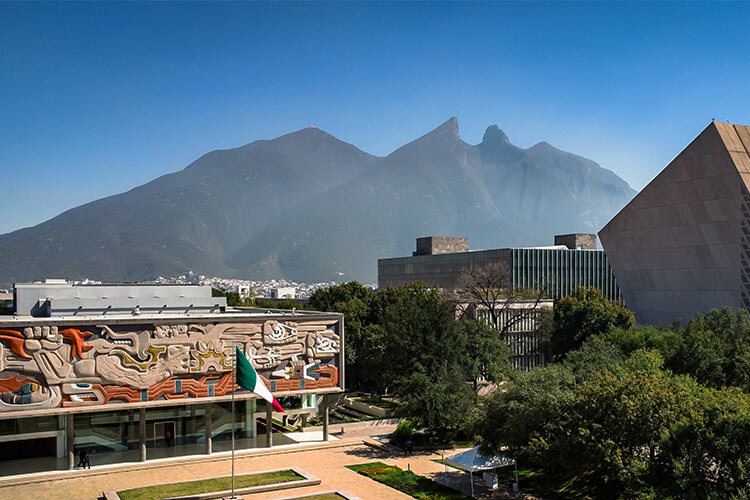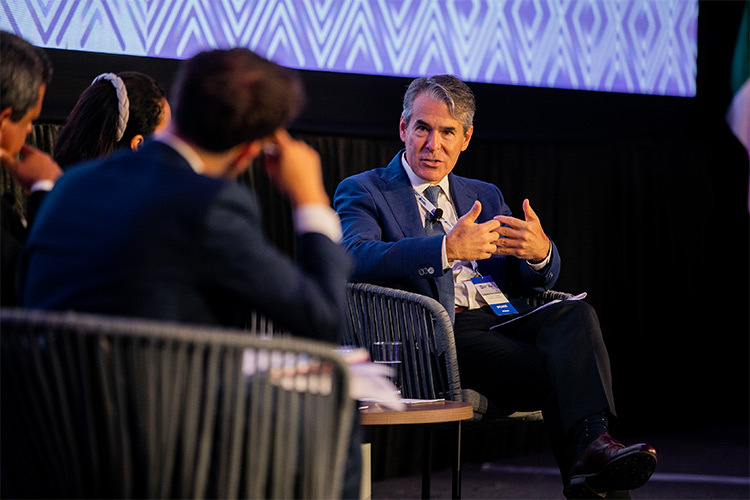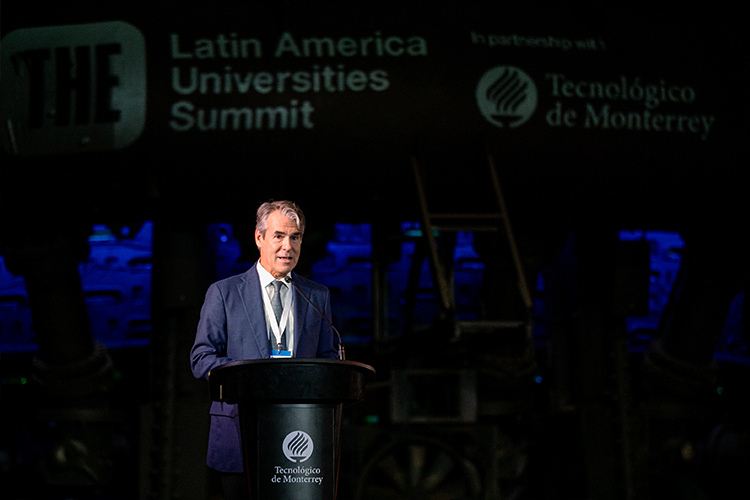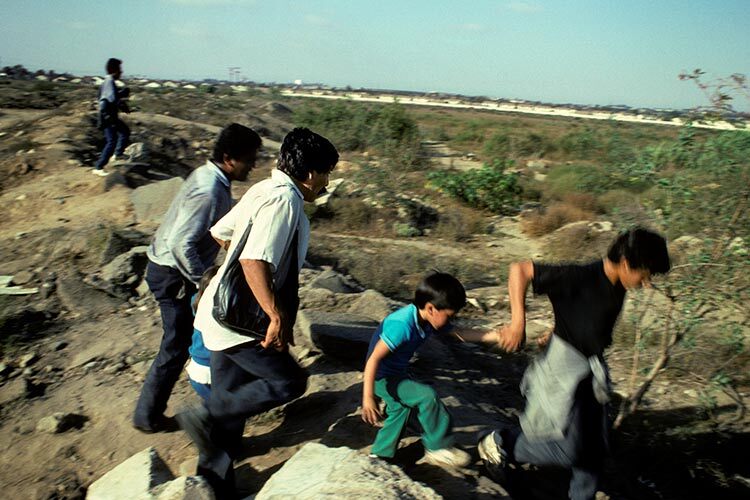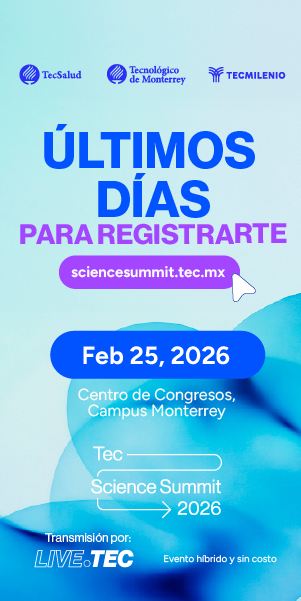Higher education executives and leaders highlighted the potential and problems that academic institutions in Latin America confront while doing research with limited funding.
Participating in the panel “Reflections on Research Funding: Cases from Higher Education” during the Times Higher Education Latin America Summit 2023 organized by Tec de Monterrey were Magnet Carmen Márquez, Minister of Education of Peru, Julián Rodríguez, Rector of Austral University in Argentina, and Iván Suazo Galdames, Vice Chancellor for Research at the Autonomous University of Chile.
The leaders discussed research financing in Latin American institutions, regional growth problems and prospects, improvements in education, international alliances, the need to address social concerns, and even talent migration.
“Our resources are limited, and the big question is, ‘What can we do to improve research?'” Magnet Márquez said.
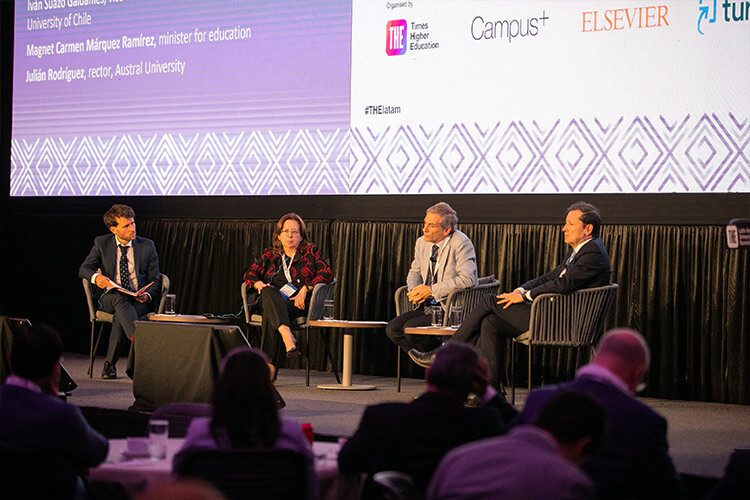
The panel included Magnet Carmen Márquez, Minister of Education of Peru, Julián Rodríguez, Rector of Austral University in Argentina, and Iván Suazo Galdames, Vice Chancellor for Research at the Autonomous University of Chile. (Photo: Udell Jimenez / TecScience)
Problems finding research funding
One of the themes highlighted during the discussion was the lack of financing for university research, which makes it critical to identify new sources of financial resources.
According to a 2021 UNESCO Science Report, research investment as a proportion of GDP in Latin American nations was less than 0.7% on average.
In the same vein, the Minister of Education in Peru highlighted the low allocation of resources for research in the region’s countries, regardless of the government’s political views (right, left, or center). Across the board, there has been no growth of note in budgets under this heading.
The pandemic additionally provided several possibilities for governments, organizations, and even businesses to invest in research via entrepreneurship and markets, serving as yet another driver of change in research funding.
Improving the quality of higher education is one of the steps being taken to generate new research funding possibilities.
One approach for enhancing educational quality is the creation of higher standards to make universities competitive not only in the private but also in the public sectors.
“We must provide the necessary resources to improve higher education, and we must form partnerships with educational organizations from different countries to conduct research,” Márquez said.
Prioritizing national and international alliances, as well as strengthening research networks in Latin America, is vital to generate increased interest in the issues and acquire extra resources.
“A university’s treasure is its research. It entails learning new things and building knowledge from the start. It is a critical tool for developing and advancing academic institutions,” Rodríguez explained.
Providing stimulating experiences for students and research professors inside and outside of the classroom is another strategy aimed at increasing university community engagement in research and science projects.
Research in universities: A social responsibility
Regarding Latin America’s local and regional concerns, emphasis was made on universities’ social responsibility.
According to the panelists, both public and private institutions should prioritize solving issues such as poverty, inequality, and access to quality services.
Similarly, they should address local and regional challenges that are part of a global picture, such as sustainable development, environmental crises, and strengthening democracy.
The brain drain was also highlighted, which refers to the tendency of students and professionals to leave their home nations in search of worldwide opportunities.
Julián Rodríguez expressed his concern about institutions’ efforts to retain talent through scholarships and initiatives that encourage students to stay in their home countries and contribute to societal development.
Iván Suazo took a different approach to the subject, pointing out the challenge of competing with foreign universities that provide better economic circumstances and research programs with greater funding.
Instead, this approach focuses on cooperation, with the objective of maintaining relationships with professionals who have moved abroad by asking them to contribute to and rejoin academic communities in their home countries.
Magnet Márquez agreed that this method could capitalize on the expertise and knowledge gained to enhance regional institutions and preserve a flow of information and research, particularly in regions such as Latin America, where resources are limited.
“Countries are doomed to limited development if they do not invest in research. Investment in research drives development, and Latin America cannot afford to be left behind,” Suazo claimed.

